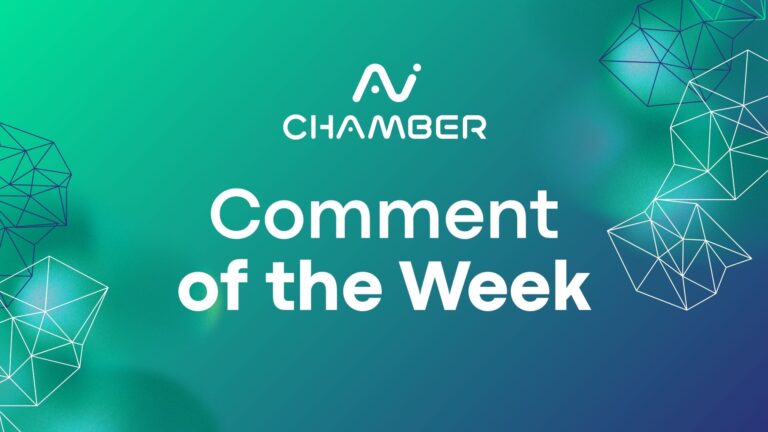What Does a Yacht Have to Do with Development? The Strategic Drift of Poland’s Economic Policy


The HoReCa sector support programme under the National Recovery Plan, which has been stirring public debate for the last week, should be more than just another topic in the daily political squabble. It has revealed a broader, systemic problem that calls for deeper reflection. While headline-grabbing cases of funding yachts or saunas rightly raise questions about the legitimacy of such spending, they are first and foremost a symptom of the lack of a coherent, forward-looking vision for the country’s development policies.
The criticism aimed at the HoReCa programme mirrors experiences with many other, not always effective, initiatives from institutions meant to support entrepreneurship. This is not just about wastefulness, but about the philosophy behind these actions. It’s a dilemma that has haunted Polish economic policy for years: the tendency to favour short-term, easy-to-account-for subsidies over investment in truly innovative – and thus harder to evaluate – ventures.
Innovation on Paper, Frustration in Practice
The contrasting experiences faced by entrepreneurs are striking. On one hand, those seeking funding for high-potential, innovative projects – for example through agencies like the National Centre for Research and Development (NCBR) – often face significant bureaucratic hurdles. Complex criteria and lengthy decision-making processes can quickly dampen the appetite for risk. On the other hand, billions of złoty flow into programmes that, while ostensibly aimed at modernisation, often end up funding basic equipment like pizza ovens or consumer electronics.
This gap is especially glaring when we look at the Ministry of Defence’s record-high budget this year: the portion allocated to research and development is, as usual, purely symbolic – despite the well-known fact that defence-related R&D can be a powerful driver of economic growth. Meanwhile, programmes supposedly aimed at building economic resilience have become opportunities to fund investments whose strategic value is, at best, questionable. This speaks to a lack of consistency and long-term thinking in Poland’s economic strategy.
A Urgent Need for a Change in Perspective
Building a modern state, grounded in knowledge and advanced technologies, requires more than just token support for basic upgrades. It demands a major shift in perspective and ambition. Instead of concentrating public resources on immediate, short-term needs, we should be focusing on strategic investments in high-tech sectors and R&D -the areas that can deliver lasting competitive advantage for Poland over the long term. A major increase in funding for science must be the foundation of this shift, yet science remains stubbornly at the bottom of the priority list.
The public reaction to the HoReCa programme sends an important signal: citizens expect more from the state than ad hoc interventions and handing out money to those best at navigating grant criteria. They expect a thoughtful vision and a sense of responsibility for the future. Until this way of thinking becomes a genuine priority, every new support programme will be vulnerable to accusations of waste and a lack of strategic direction.
You can find the Polish version below or by clicking here.
· More articles

The AI Act Comes Into Force. Poland Has a Chance to Build the Regulator of the Future — But Time Is Running Out
The beginning of August marks an important milestone for artificial intelligence regulation in Europe. In line with the AI Act timeline, several key provisions have now entered into force — including those related to the obligations of general-purpose AI (GPAI) providers and the governance structures at both EU and Member State levels. For Poland, this […]

Global AI strategies
As the artificial intelligence revolution continues to capture media headlines around the world, many nation states and international organisations are compelled to determine their stance towards this phenomenon that promises to reshape the very foundations of our societies. There is now a plethora of “strategies” and “plans”, that are both indicative of the overall disposition […]
